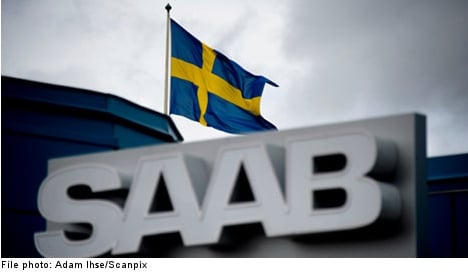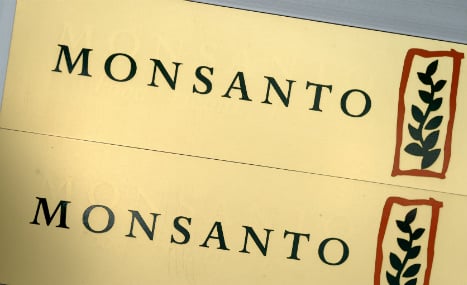“Spyker… shall appeal the ruling of the District Court for the Eastern District of Michigan,” in favour of GM, the plaintiff car group Spyker said in a short statement from its headquarters in the central Dutch town of Zeewolde.
It did not give any further details.
Spyker filed a lawsuit in August claiming $3 billion in damages.
It alleged that GM criminally interfered in an operation that could have made it possible for Saab, which Spyker bought in 2010, to restructure and stay afloat, because the US automaker wanted to dominate the Chinese market.
Saab, a former GM subsidiary, filed for bankruptcy in December 2011 after teetering on the edge of the abyss for almost two years. A last-ditch bid to raise funds in China, with the Youngman group, was blocked by GM over issues concerning the transfer of technology.
Chinese carmaker Youngman had long been interested in buying Saab and tried
to snap it up before it declared bankruptcy — but its efforts were stymied by Saab’s former owner, GM, which balked at transferring the necessary technology
licences.
At the time, Spyker’s chief executive Victor Muller said that the $3 billion claim in compensation represented the value which Saab would have represented had the deal with Youngman gone through, but analysts at the time were sceptical whether the suit would succeed.
GM in its response to the claim denied any criminal action or intent, saying Saab had granted it a contractual right to agree, or not, to the transaction proposed by Spyker.
The US carmaker sold Saab in 2010 to Spyker. A deal reached parallel to the sale allowed Saab to keep using GM technologies and keep production going, but allowed GM to stop the arrangement if Saab changed hands.
GM has maintained that Spyker bought Saab “knowing its financial history, and subject to terms spelled out unambiguously in the arrangements attached to the complaint.”
“Those agreements include clear contractual limitations in the future use of GM’s technology, and on the transfer of technology to others,” GM said in a document, filed before the court a month after Spyker filed the claim.



 Please whitelist us to continue reading.
Please whitelist us to continue reading.
Member comments